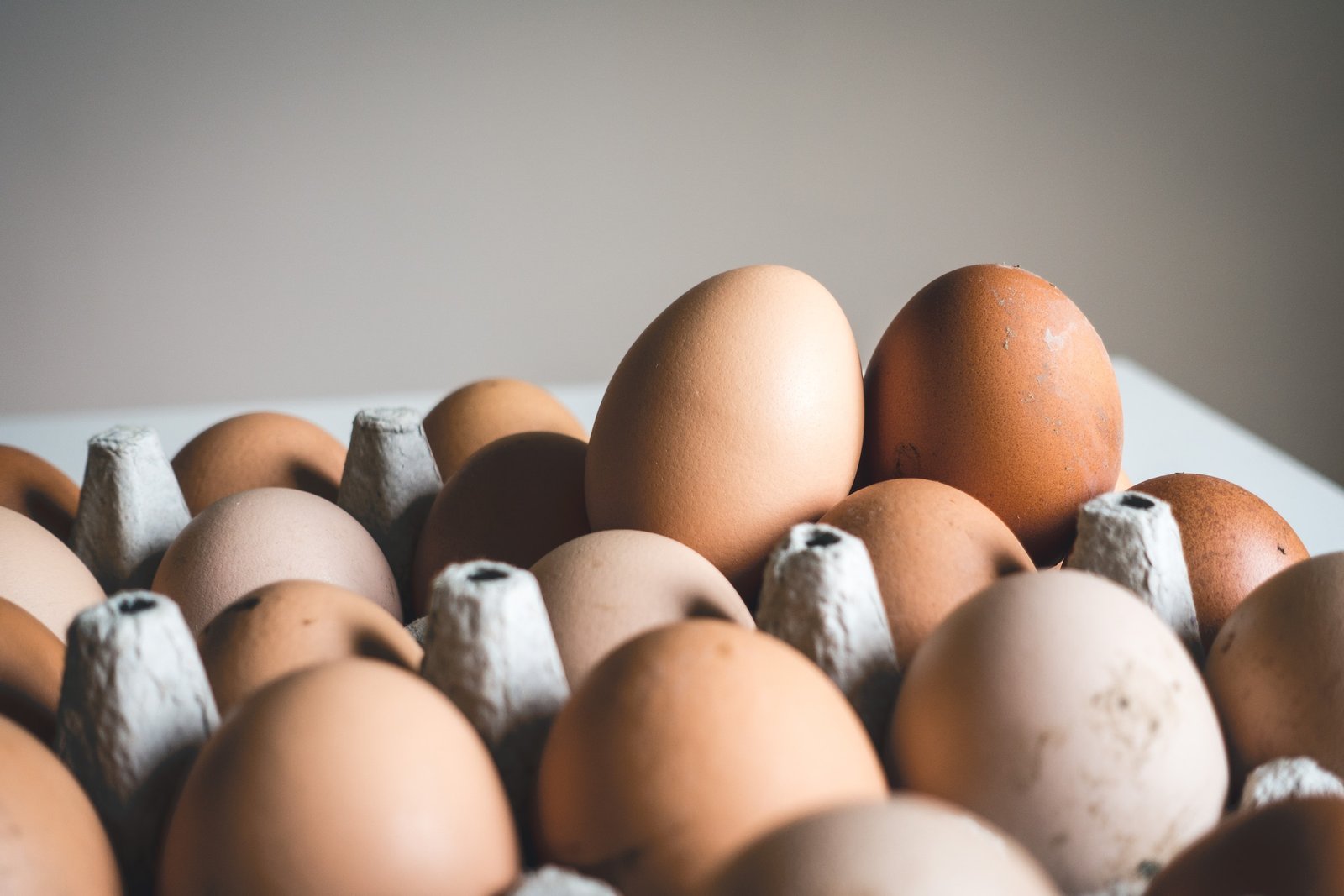Eggs might STILL be bad for you – But not the way you think!
Whether or not you believe that including eggs in your diet is good or bad, a recent ABC report highlighting a new hazard (unrelated to diet and nutrition) was recently published – the ability of raw eggs to transmit food-borne illness (ie food poisoning).
Turns out that there have been several food-poisoning outbreaks recently due to mayonnaise infected with the bug Salmonella, including one outbreak in Brisbane that killed one woman and infected several hundred more.
According to the report:
But this isn’t only an issue for restaurants or catering companies. Mayonnaise, tiramisu, mousse, and other dishes made with raw or minimally cooked eggs are now the most common cause of food-borne salmonella outbreaks in Australia, says Belinda Davies, a senior environmental health lecturer at Queensland University of Technology.
It isn’t the inside of the egg causing the problem – our raw egg supply is safe – but rather the potential for the egg-shell to be contaminated by faeces or dirt (which in turn can carry Salmonella and other harmful bacteria).
Eating thoroughly cooked eggs is the best way to avoid trouble, especially for pregnant women, young children and those with lowered immunity. If you can’t resist the lure of raw or undercooked eggs in your mayonnaise or chocolate mousse, here are some recommendations to reduce your risk:
- Wash your hands thoroughly after touching egg shells
- Wipe-down or wash possibly contaminated kitchen surfaces or utensils
- Don’t use eggs that have a cracked or damaged shell
- Wash any dirt or chook poo off intact eggs (especially if home-grown) – but not in the kitchen as it could contaminate your food-prep space – preferably use the laundry instead
- Don’t store unwashed eggs in the kitchen or fridge
- Store eggs properly – in their carton inside the fridge
- Make raw egg dishes close to the time that they will be eaten
- Don’t use the shell to separate white from yolk
The final piece of advice from the report – “If in doubt throw it out”. My advice is don’t be turned off eating eggs or keeping chooks at home – treat raw eggs like raw meat, and follow good kitchen hygiene principles.







